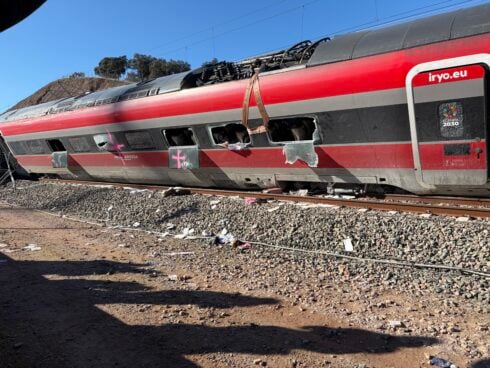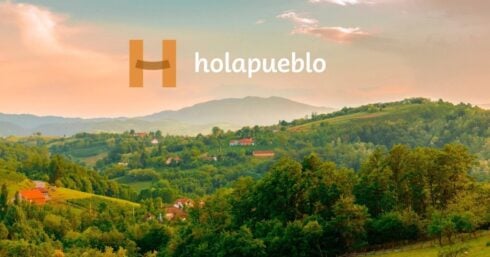MALLORCA’s transformation into a high-end destination is finally hitting the wallets of German tourists, who are feeling the pinch after years of economic stagnation.
For decades, tour operators have relied on the stark difference between British holidaymakers – notoriously price-sensitive – and their German counterparts, who were willing to pay premium rates for their Balearic getaways.
That dynamic is shifting dramatically as Germany grapples with economic headwinds that are squeezing household budgets.
The German economy has been particularly sluggish, with industrial output declining and consumer confidence wavering due to a varying number of factors.
Rising energy costs, de-industrialisation and inflationary pressures have left German families with less disposable income for holidays, making Mallorca’s soaring prices suddenly feel prohibitive.
German arrivals to the Balearics fell in both May and June 2025, marking the first significant decline after two years of record-breaking growth, with arrivals jumping 7% in 2023 and 9% in 2024 – pushing total numbers above five million for the first time.
But that trend has come crashing down in 2025 at the same time as the island’s tourism costs have been rising.
READ MORE: ‘Be curious, not careless’: How to avoid cold shoulder from fed-up locals in Mallorca this summer
Holiday prices surged by 33% in 2023 compared to 2022, whilst hotel rates shot up a further 19% in 2024 compared to the previous year.
Average hotel rates now stand at €209 per night, representing a painful outlay for middle-class German families already feeling the pinch at home.
Spain’s national tourism body Turespaña had sounded the alarm before the 2025 season began, warning that German bookings to Mallorca were showing sharper declines than any other Spanish region.
“German demand appears to have reached its limit in terms of its tolerance for price increases, after two years of significant increases in packages, flights, hotels, car rentals and other services,” the organisation noted, adding that whilst arrival volumes would remain significant, the market had become “more vulnerable to price trends.”
READ MORE: Revolts in Spain’s Mallorca over new law set to ‘transform island into developer’s paradise’
The warning proved prescient.
At Berlin’s ITB travel fair in March, tour operators reported increased German interest in cheaper destinations as alternatives to what they dubbed the ‘new luxury Mallorca.’
Pedro Fiol, president of the Balearic Islands’ travel agents’ association, points squarely at pricing as the culprit behind the decline, dismissing suggestions that anti-tourism protests have deterred visitors.
“There are signs of fatigue in the main markets. The supply is not adapting to the needs of the core customers,” Fiol said, noting growing price sensitivity even among Spanish tourists.
READ MORE: Mallorca hotels fight back against ‘tourismophobia’ in new campaign welcoming foreigners
Industry professionals predict July and August figures will confirm the slowdown, consolidating concerns about over-dependence on traditional markets that tourism authorities have long recognised as both a strength and vulnerability.
The decline isn’t affecting all markets equally. France and Italy saw arrivals jump over 30% in June, whilst Scandinavian countries recorded increases above 40%. However, these remain niche markets – France, the largest alternative source, still sends only a third of the tourists that Germany and Britain combined deliver.
Despite the German and British declines, overall foreign tourism to the Balearics rose 3% in June, suggesting Mallorca’s evolution into a luxury destination may be successfully attracting higher-spending visitors, even if it means fewer overall arrivals from its most reliable sources.
Click here to read more Mallorca News from The Olive Press.








